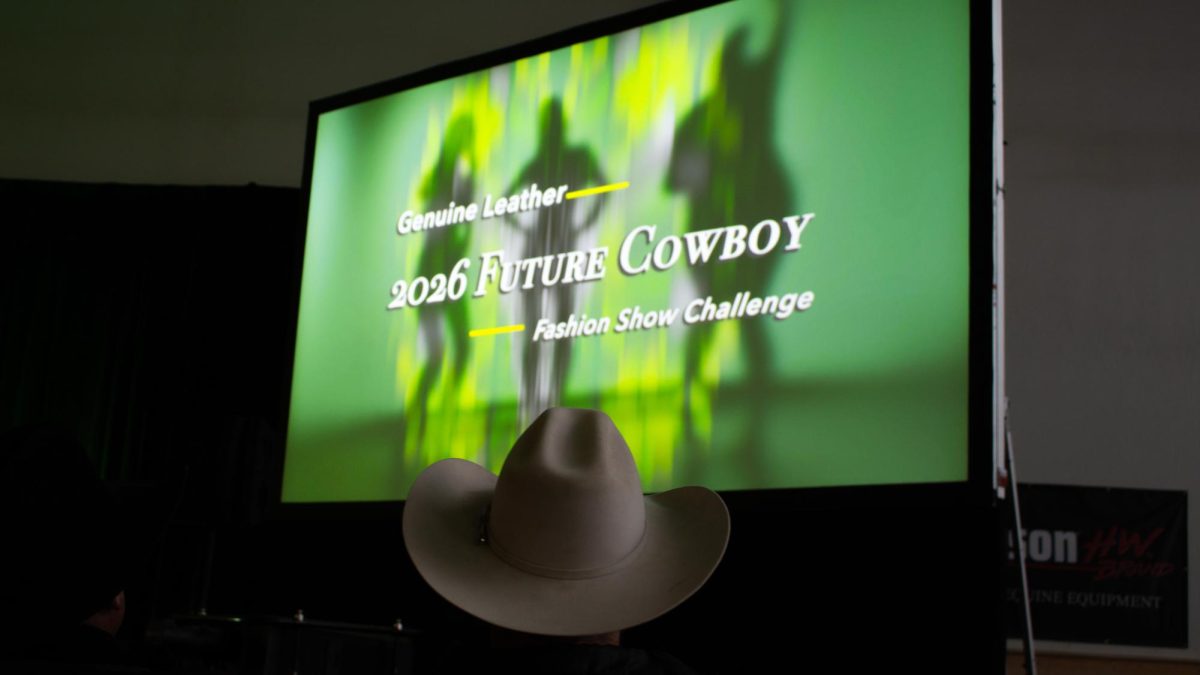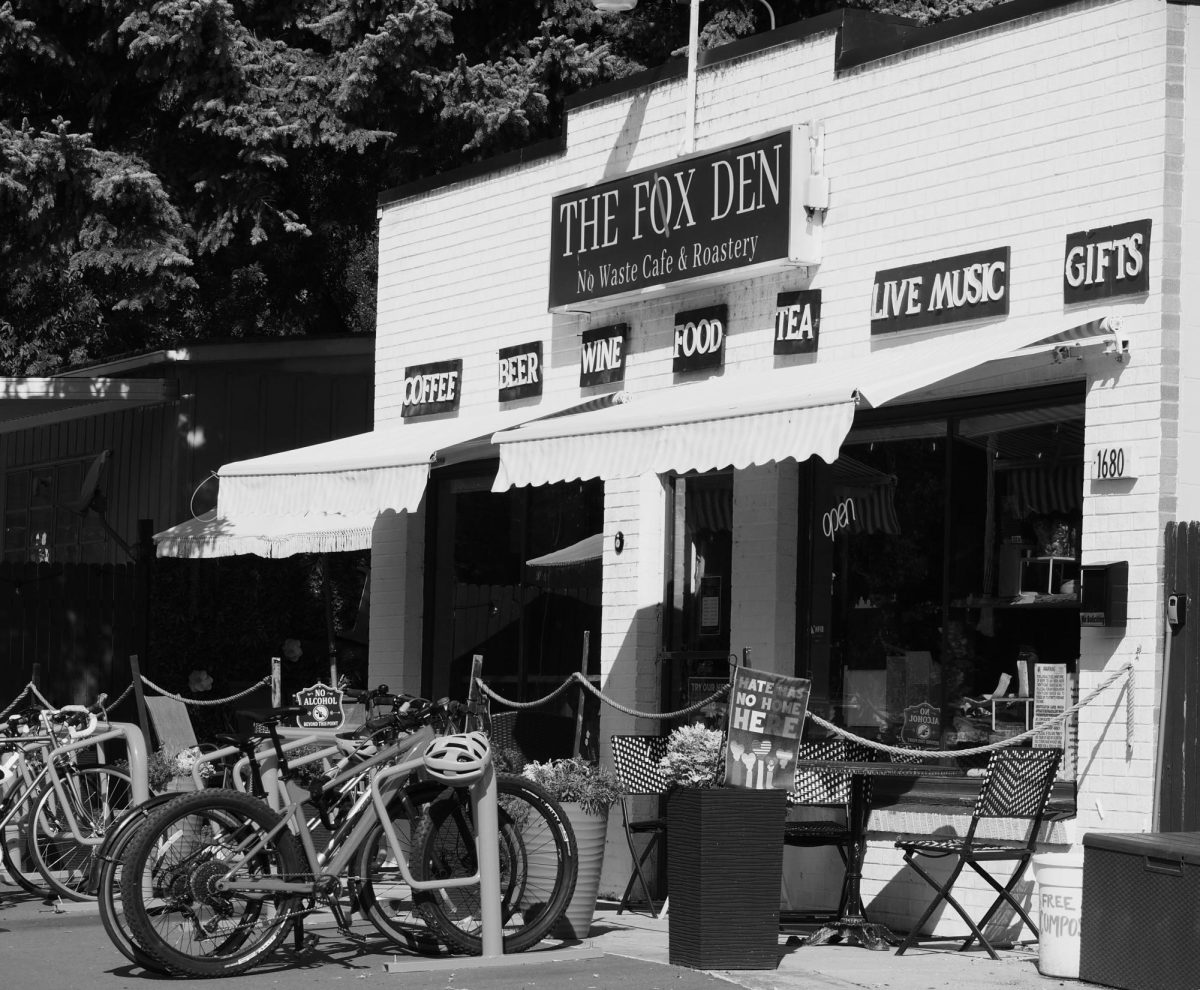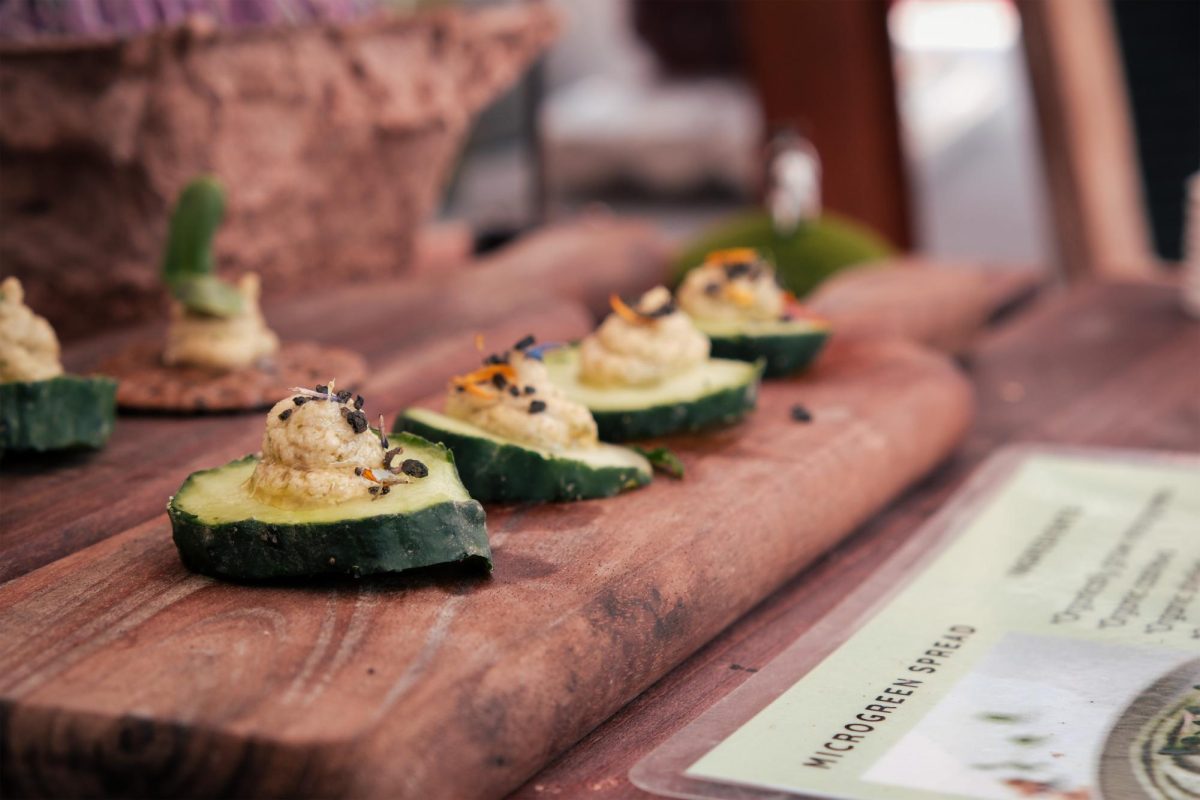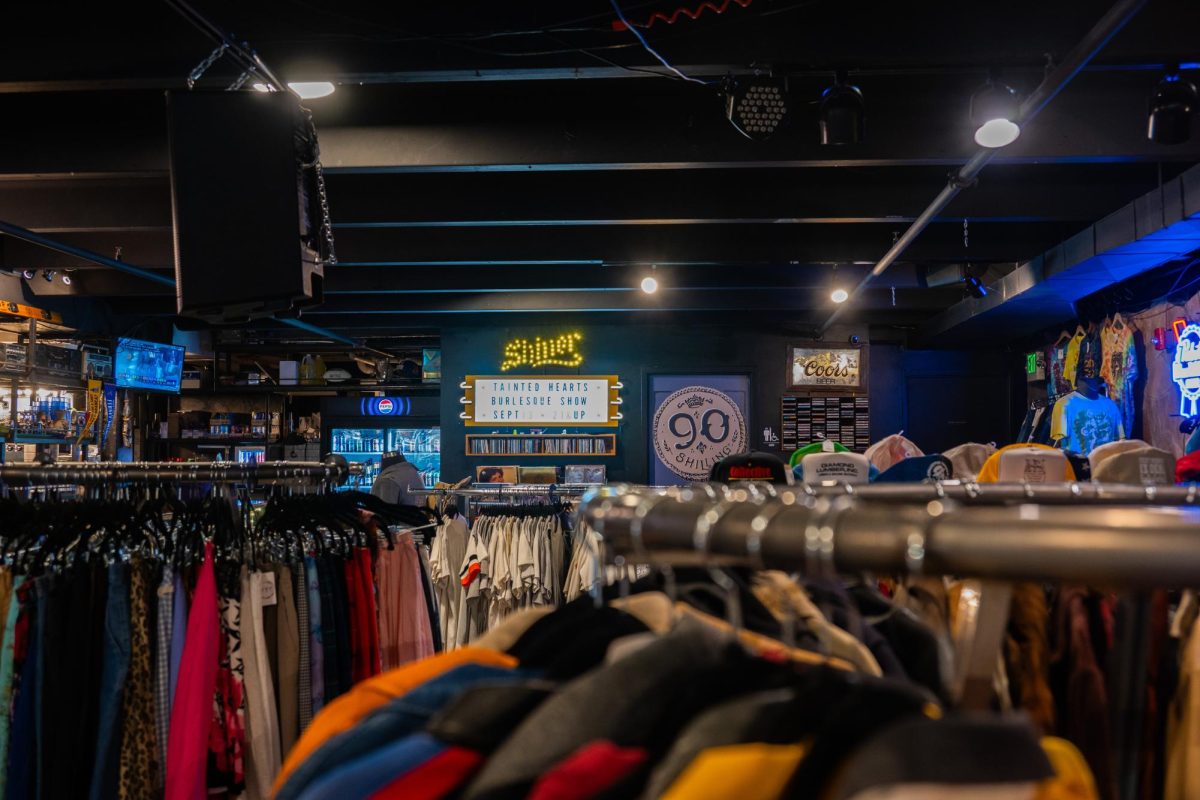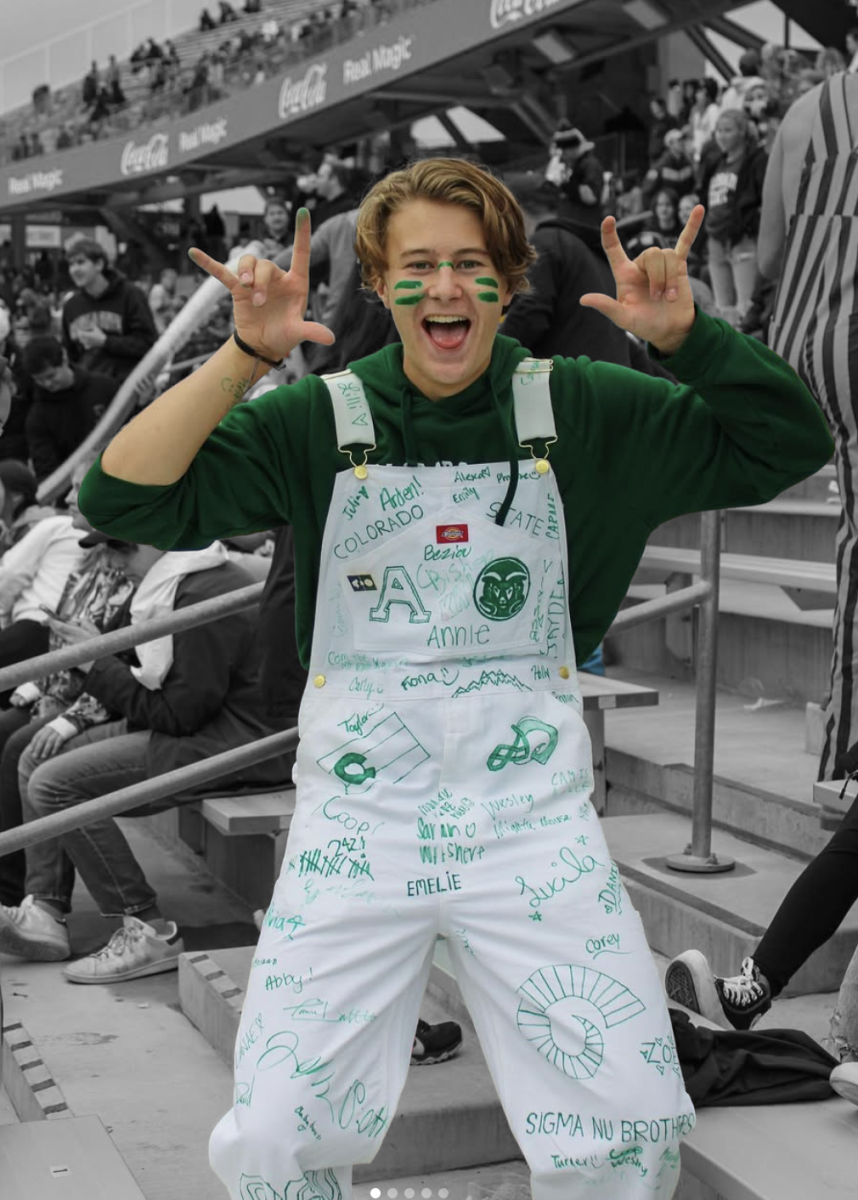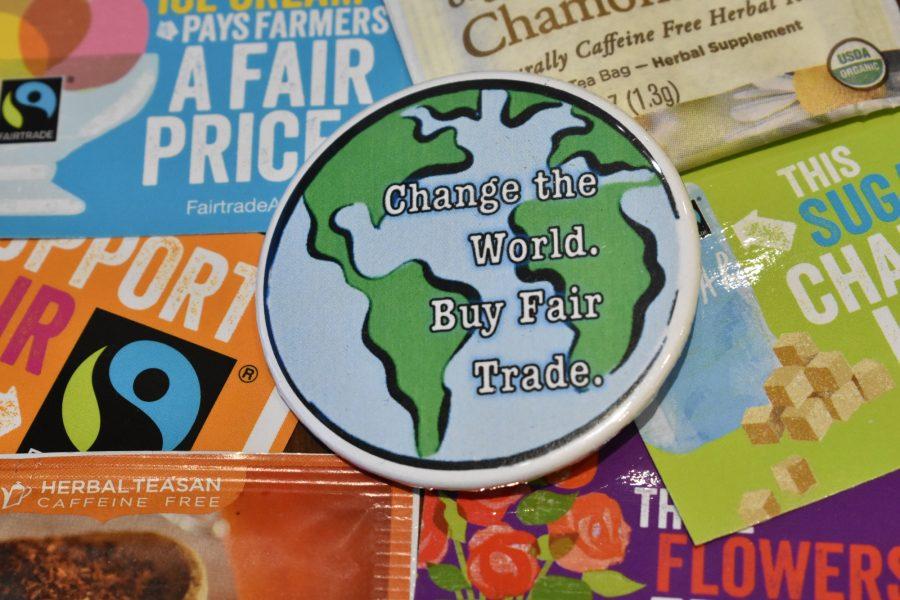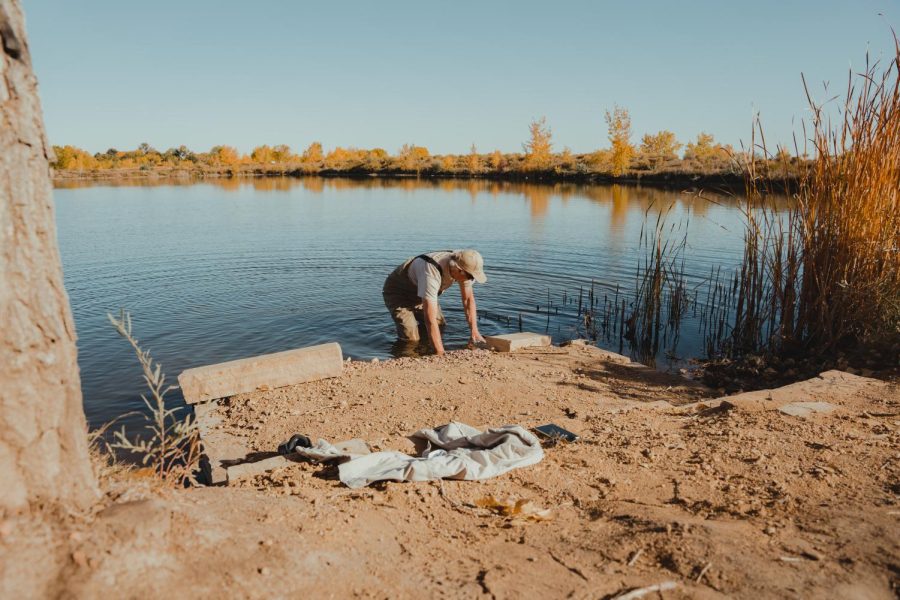Many companies, such as Ben & Jerry’s and Patagonia, are fair trade certified, but the meaning behind the certification is unclear to many students.
Companies take advantage of the ladder system by not providing laborers or workers with fair wages and safe working conditions. Being fair trade certified holds companies accountable for ethical production and makes sure they are providing income, sustainability, well-being, environmental stewardship and empowerment for everyone and everything involved in the process.
Colorado State University is officially Fair Trade certified as of Fall 2016, and that is a reason every Ram should be proud. It was the efforts of CSU’s Fair Trade Club that helped the campus, specifically ASCSU, reach the five benchmarks needed in order to be certified. President of Fair Trade Club, Johanna Fortescue, a junior journalism and history major, said their goal is to educate the student body on how students can access and support ethical purchasing.
So, how can students be ethical consumers?
So, how can students be ethical consumers? Fortescue was first inspired by Emma Watson and her push on sustainable fashion. The fair trade mission also focuses on sustainability by encouraging the use of organic and recycled materials in products. “Fast fashion” companies like Forever 21 or H&M do not resemble the fair trade mission. This is because of the plastics such as polyester they use in their products, the result of textile waste in landfills and the cheap labor being taken advantage of by producers.
“I don’t tell them to change their entire lifestyle,” Fortescue said, but she recommends picking one store to give up and to start going from there. She hopes “they [students] find themselves taking the next step and the next step because they realize it’s easier than it seems.” After being aware of the ethical impact of fair trade, she compared it to being a snowball effect in her purchasing decisions.
Fortescue’s personal first step was to give up Starbucks and go to Happy Lucky’s Teahouse and Treasures in Fort Collins instead. Then, she focused her efforts on going to second-hand clothing stores and even made some money by utilizing online consignment shops such as Thred Up and Poshmark. Presently, Fortescue saves up to buy slightly pricier fair trade clothing. This works for Fortescue because she is not buying as many clothes as she did before switching to fair trade products.
Other fair trade businesses in Fort Collins include the Alley Cat Café, Starry Night Espresso Café, 10,000 Villages in Old Town and Whole Foods. Our very own Sweet Temptations and Sweet Sinsations Café at CSU are Fair Trade certified as well.
The Fair Trade Club is currently working on making the entire city of Fort Collins fair trade certified. They want to ignite sparks in students outside of the club to be aware of fair trade’s impact.
To support this mission, look for their table at CSU involvement fairs and expos or visit their Ramlink to get involved. They also organize campus-wide events like Fuel Up for Finals and Environmental Eats. Within the club, they like to take field trips to local businesses who promote fair trade. Their next one is April 28, 2018 with the plan to tour Celestial Seasonings in Boulder, CO.
Fortescue recommends watching the documentary “The True Cost” on Netflix because of its “engaging ability to change your entire point of view.” The main thing to understand is that consumers have power in choice and as more people choose fair trade products, the world changes for the better.

